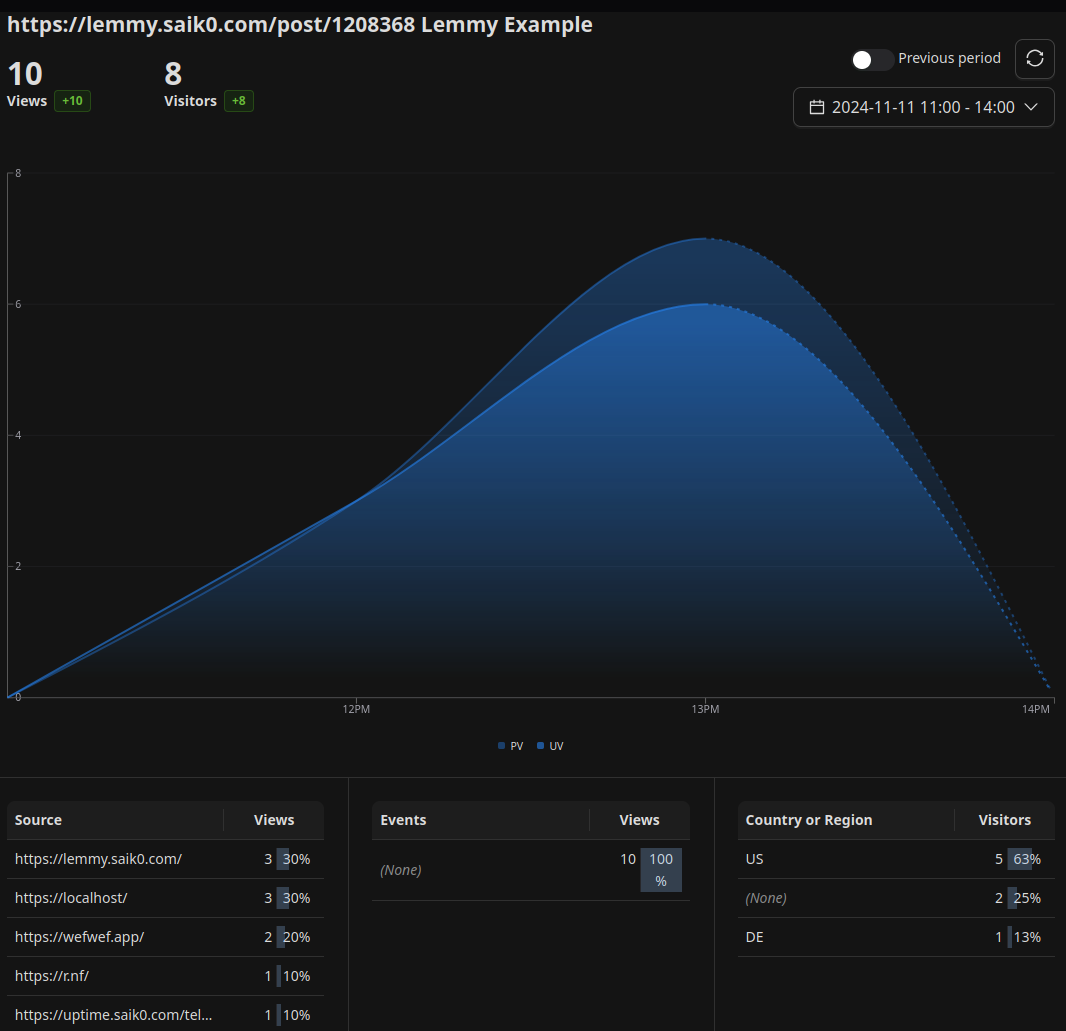

A Karen and a cop can’t put someone in jail. It takes a prosecutor, a judge and a jury of her peers.
This is not factual. A cop can bring anyone into jail that they have just about any made up reason to.
It takes all those extra individual to put you in prison.
https://www.merriam-webster.com/grammar/jail-vs-prison-difference










TOTP is cheaper.
SMS is actually expensive at scale. An example would be Signal, the messenger app that doesn’t use SMS. They have overhead for sending backup codes/new account creation/Verification/etc… https://www.wired.com/story/signal-operating-costs/ 6 million a year. API integrations for SMS messages/codes are still like 1-5 cents per message.
TOTP’s requirements? A reasonably accurate clock on the server, and storing the shared secret in a database.